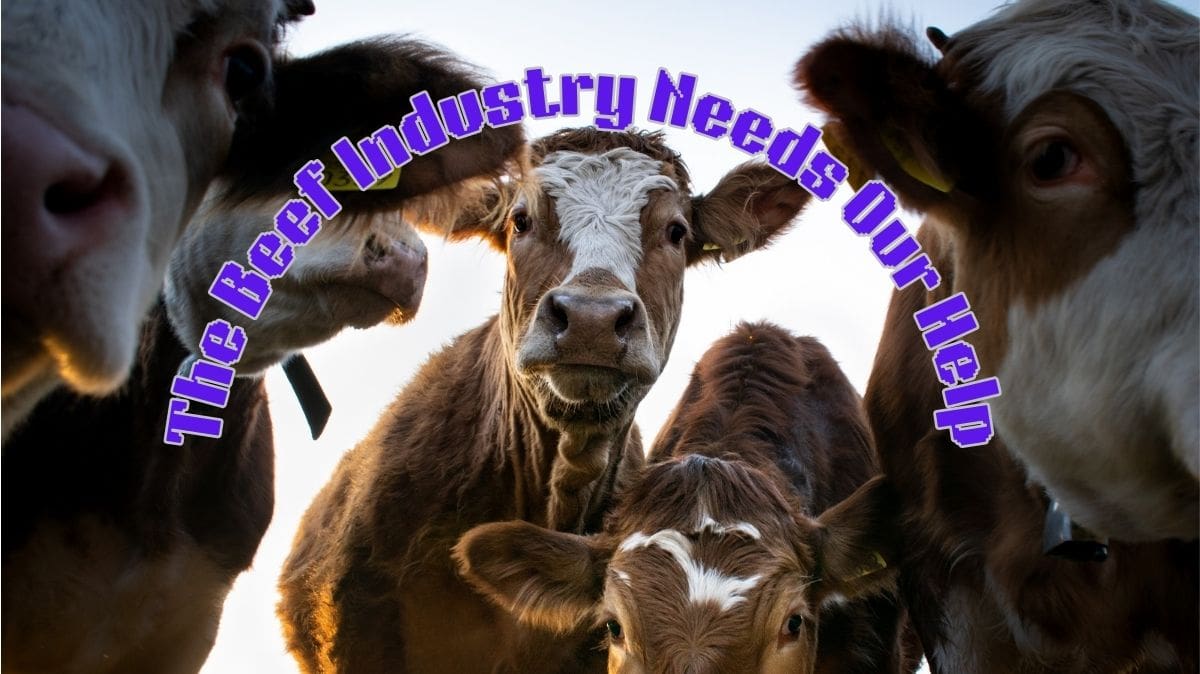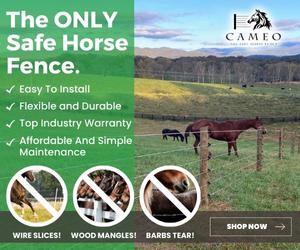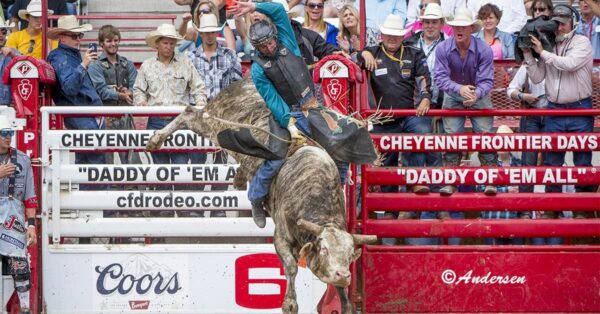Picture the sun setting over a vast open land, unobstructed by buildings and traffic, while cattle graze peacefully. Next, imagine a family working hard together with their own two hands, caring for the land and instilling self-sustainability. Now think of the taste of a tender, juicy filet of beef, a hamburger hot off the grill, or a classic Sunday roast as you gather as family and friends to enjoy a meal together. Do you find these settings meaningful in your life? I imagine most people are nodding their head “yes” right now while their mouth is watering. For those of you who don’t, I would ask: Do you drive a car, take medicine when you are sick, or rely on items made from glass, plastic, leather, or cement? If you answered yes, you are affected by the byproducts of the cattle industry and, therefore, you have a responsibility to support it.
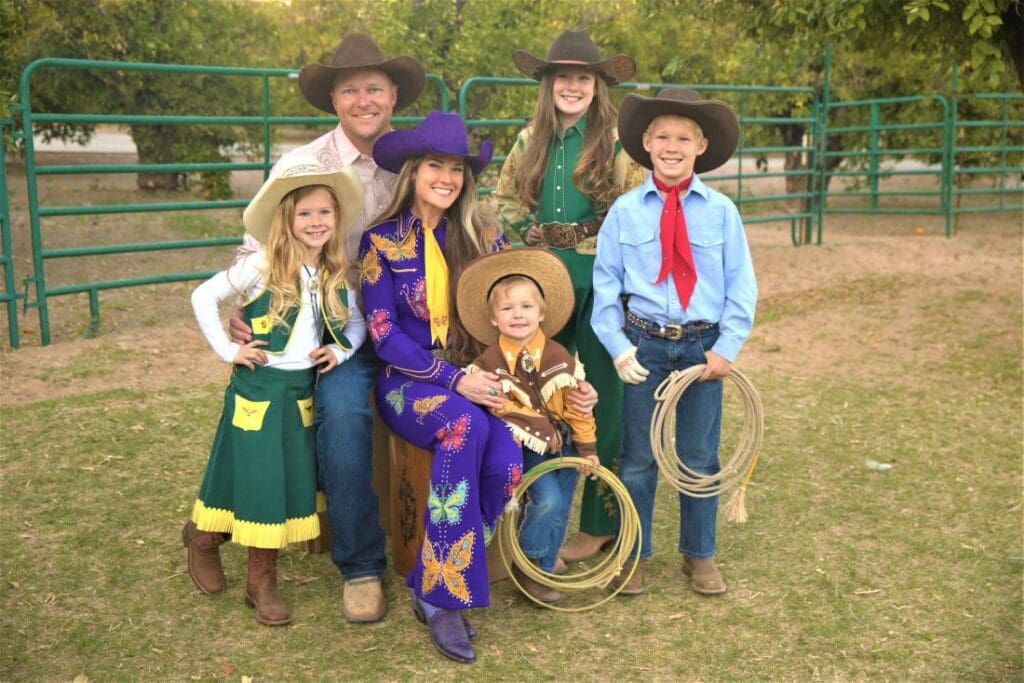
There are approx. 87 million head of cattle in the U.S. and approximately. 340 million people. Nationally, cow herd numbers are the lowest since the ‘70’s. Farmers and ranchers make up less than 2% of our nation’s population but yet they feed the other 98% of our population. They carry a heavy responsibility for the rest of us that never allows for them to take a day off. For example, according to arizonabeef.org, here in Arizona, Arizonans rely on farming and ranching families to manage and maintain more than 26 million acres of land in our state alone. A healthy aspect of sustainable beef production involves grazing cattle on U.S. rangelands, about 85 percent of which are unsuitable for crops. Raising cattle on this land contributes to the ecosystems by converting forages humans cannot eat into a nutrient-rich food humans can eat — beef.
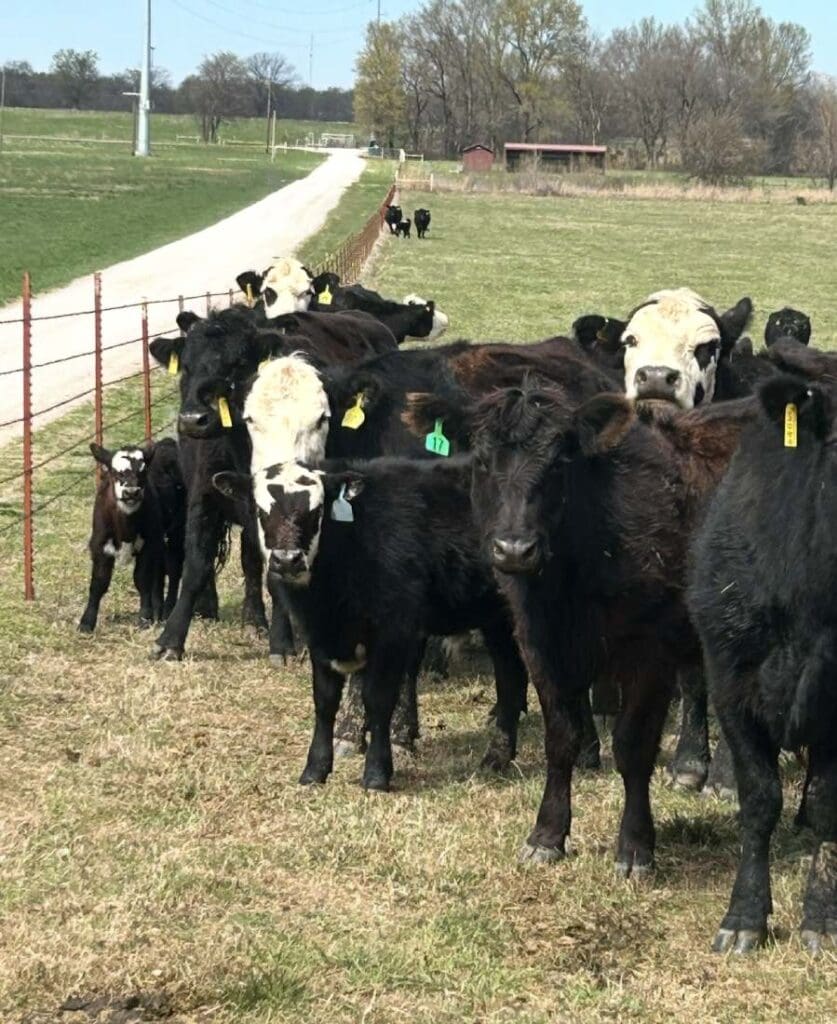
In my quest to get an accurate gauge on the U.S. cattle industry, I contacted U.S. Cattlemen’s Association president Justin Tupper. Unlike most other large-scale associations, there was no computerized system that routed my call and no uninformed and disconnected secretary. There was a polite and down-to-earth daughter who not only answered right away but proudly connected me with her father, Justin Tupper, which illustrates the point that ranching in this country is a family affair. Mr. Tupper not only took the time to answer my questions but also to have a conversation with me, all while working the cattle he loves at his sale barn that has been in his family for generations. He mentioned that although the cattle industry is facing challenges like drought, rising production costs, the aging producer, urban sprawl, and alternative land uses, the United States is still the top beef producer and the world’s largest consumer. That is proof that the American people value beef.
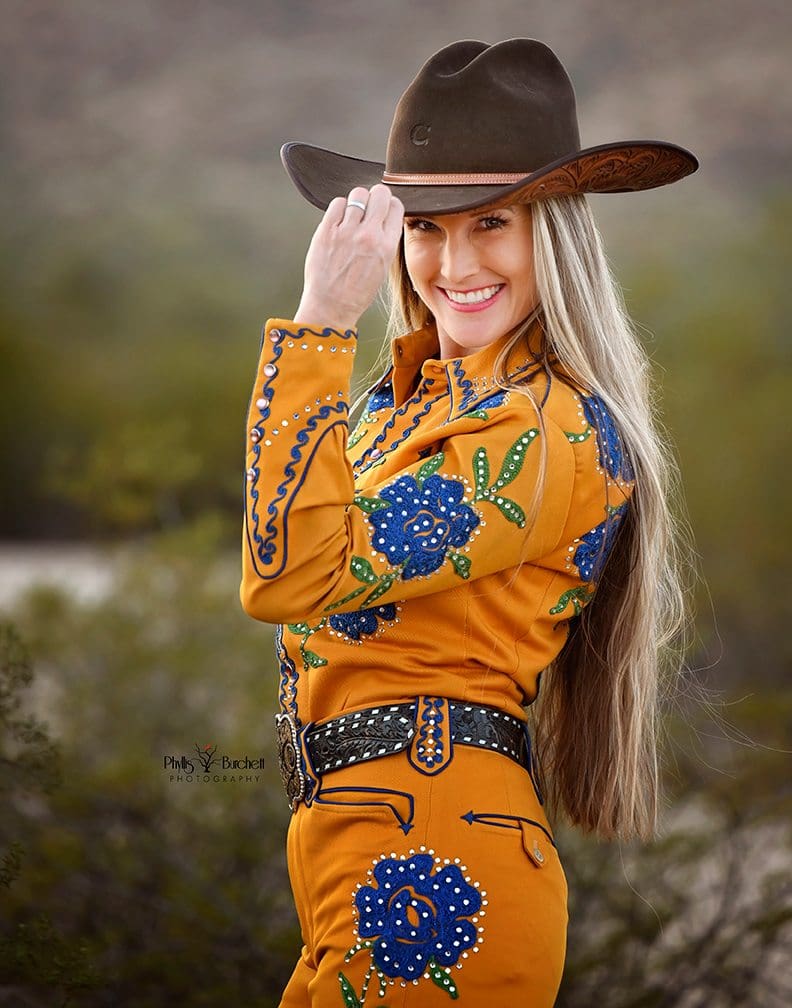
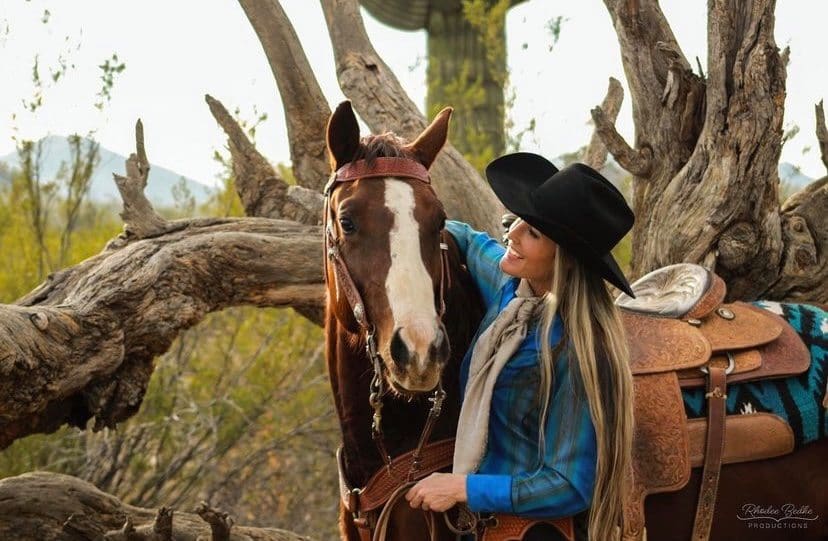
Mr. Tupper and I both noted that, thankfully, there is a growing trend among young people from all walks of life who are waking up and wanting to get involved in safe food production of real food, not grown in a lab. In conclusion, it is up to each of us to be the gatekeepers for sustenance that gives life for this generation and generations to come!
“This generation wants to know where their food comes from, and they’re learning that beef is the safest, best protein on the planet.”
Mr. Tupper
U.S. Cattlemen’s Association president
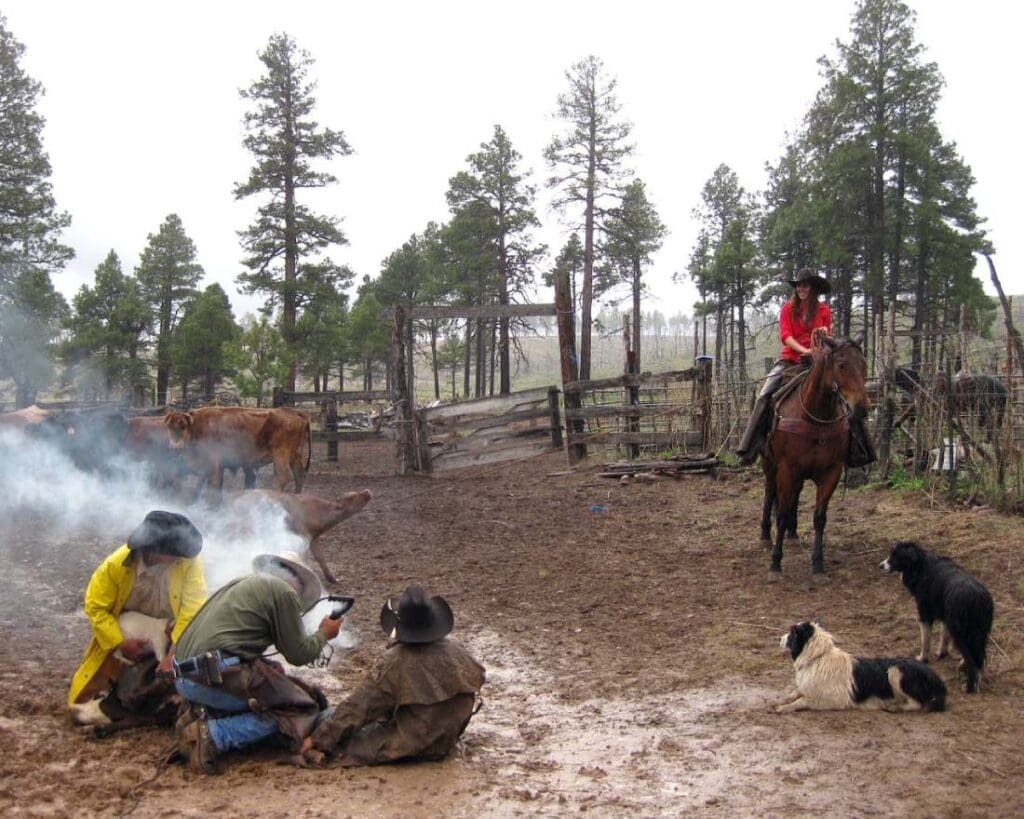
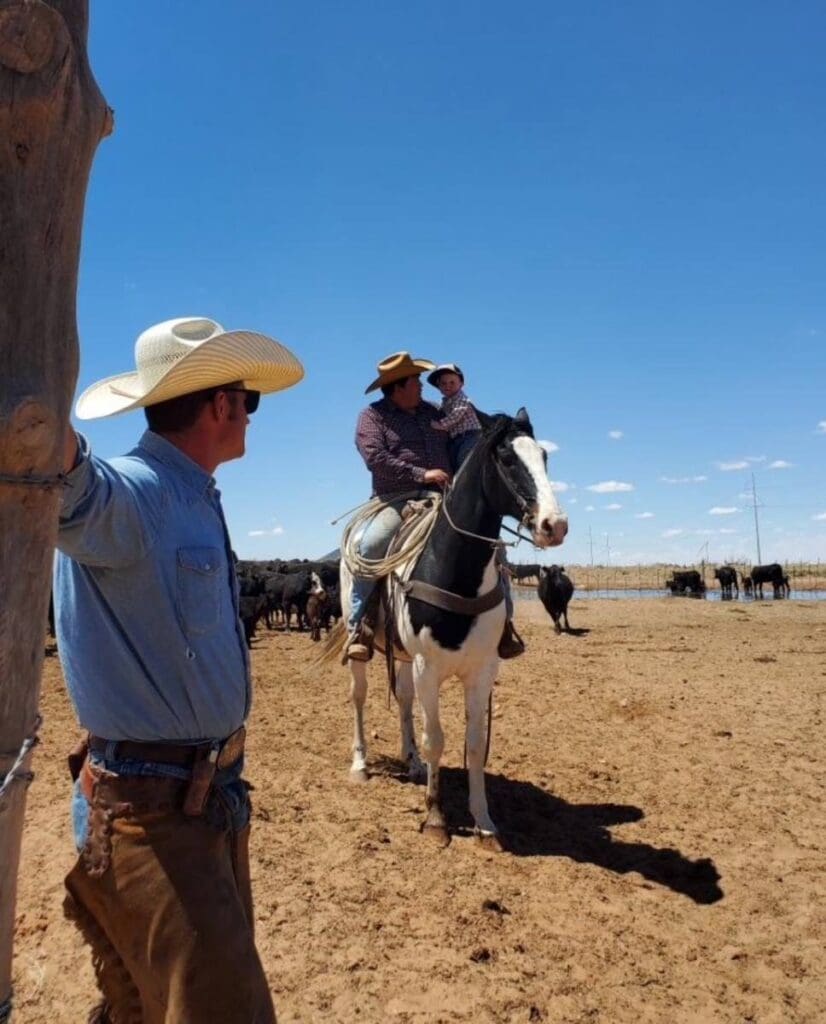
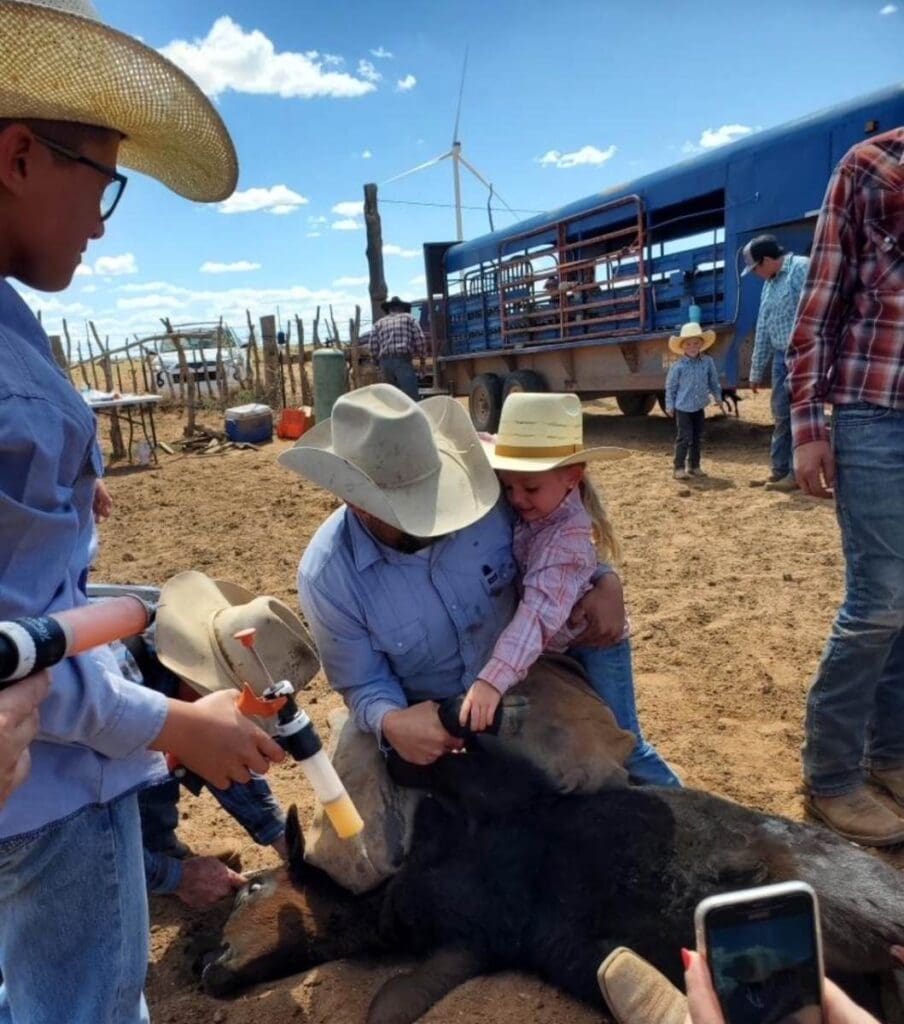
Call to action:
Here are some simple things you can do to get involved, even if you are not able to raise your own cattle:
- Buy local beef. Fillyourplate.org is a great resource to help you find local beef and produce in AZ.
- Attend your county fair and purchase a beef at auction from a youth in FFA or 4H.
- When doing this, you are not only supporting well-deserving youth and future beef producers, but you are also getting a healthy beef product.
- When doing this, you are not only supporting well-deserving youth and future beef producers, but you are also getting a healthy beef product.
- Educate the public, especially children, on where our beef comes from and the importance of the cattle industry in modern-day society.
- You can speak to your schools about having AZ Farm Bureau do “Ag in the Classroom” presentations at your school. You can also encourage school cafeteria lunch programs to implement more beef into their menus.
- You can speak to your schools about having AZ Farm Bureau do “Ag in the Classroom” presentations at your school. You can also encourage school cafeteria lunch programs to implement more beef into their menus.
- Contact your state senators.
- For a U.S. cattle rancher, country of origin labeling is crucial in aiding their success as they look out for the interests of the livestock and the safety and health of the American people. Food safety is a national safety interest. Contact your state senators to tell them to support S. 421- the American Beef Labeling Act of 2025. If you are in Arizona, contact Senator Kelly’s office by calling (202) 224-2235 and Senator Gallego’s office by calling (202) 224-4521. Be vigilant about staying involved with legislation that protects the security of our food sources.
Last Updated on 10/15/2025 by Kelsee Bradshaw
CLN Community Sponsor
